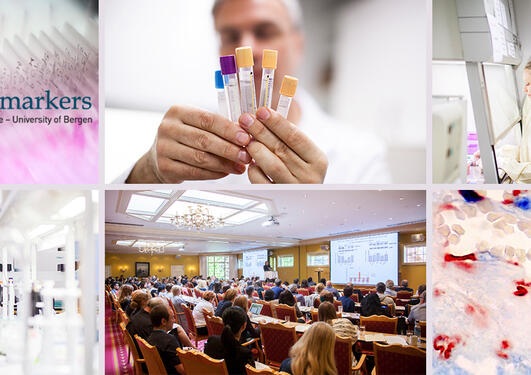Cancer breakthrough - a blood sample 24 hours after start of chemotherapy predicts survival
Researchers from the University of Bergen, Norway, has found a new method that within hours can predict if certain cancer patients will survive or not after chemotherapy.

Main content
Acute myeloid leukemia is an aggressive blood cancer with poor survival. Although high rates of initial chemotherapy response, patients often relapse due to the selection and development of chemotherapy-resistant leukemic cells.
"When treating patients with leukemia, it is challenging to quickly follow if the patient is responding to therapy or not says", Benedicte Sjo Tislevoll, Ph.D.-candidate at the Department of Clinical Science at the University of Bergen and leader of the new study.
The response to therapy is currently measured after weeks to months of treatment, thereby losing important time. However, an immediate response to chemotherapy can be measured by investigating the functional properties of the leukemic cells.
"Our results show that the protein ERK1/2 increases within the first 24 hours of chemotherapy in patients who have a poor response to therapy. We believe that this protein is responsible for the cancer cells’ resistance to chemotherapy and can be used to distinguish responders from non-responders", the researcher says.
"We think that this is an important key in our understanding of cancer, and our aim is to use this information to change treatment early for patients who are not responding to therapy", Tislevoll concludes.
Read the article here: https://www.nature.com/articles/s41467-022-35624-4
